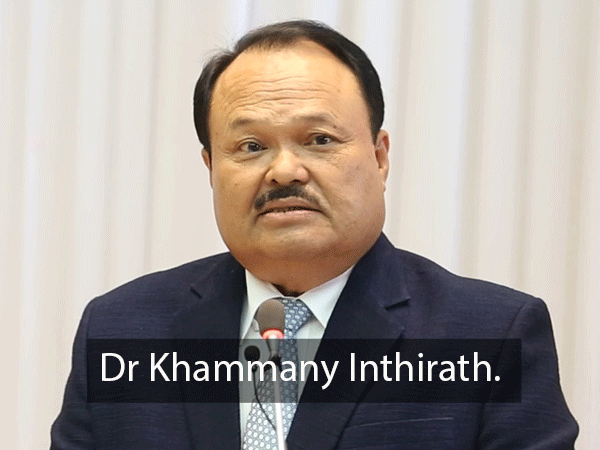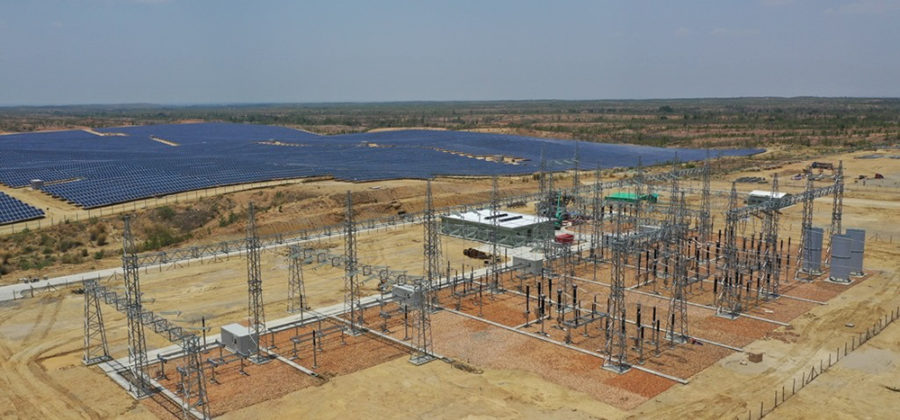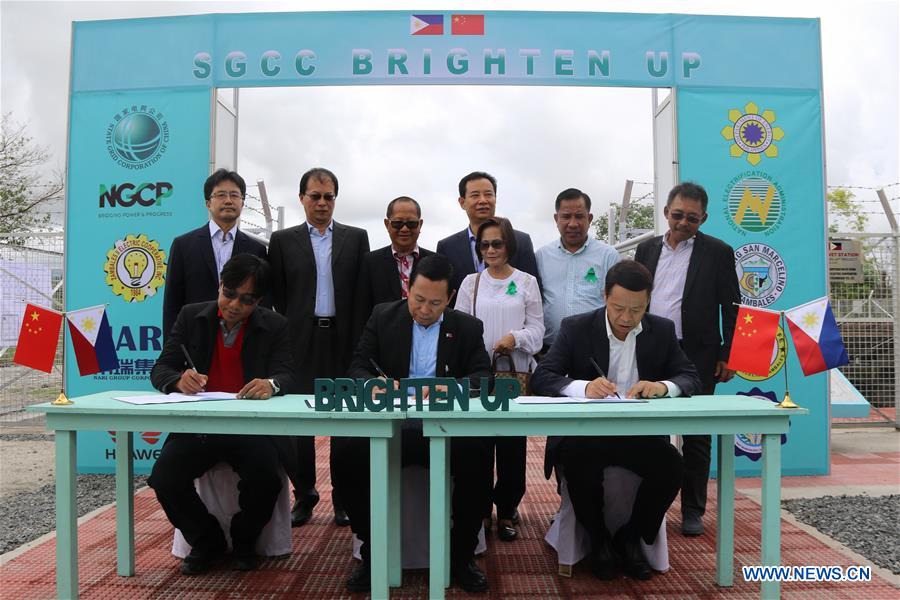- Electricity/Power Grid
–
- Singapore
SINGAPORE – Electricity tariffs are set to rise by an average of 6.4 per cent in the third quarter of this year, SP Group said on Saturday (June 29).
Gas tariffs for households are also set to increase by 1.6 per cent in the third quarter, City Gas said.
For the period from July 1 to Sept 30, electricity tariffs will increase by 1.43 cents per kilowatt hour (kwh) compared to the previous quarter.
Excluding the goods and services tax, this translates to a rise from 22.79 cents per kwh to 24.22 cents per kwh for households.
This is the highest it has been since the period from October to December 2014, when it was $25.28 before GST.
SP Group said in a statement that the increase is mainly due to the higher cost of natural gas for electricity generation.
This means that an average monthly bill for a family living in a four-room Housing Board flat will increase by $5.20.
SP Group said in its statement that it reviews the electricity tariffs quarterly based on guidelines set by the Energy Market Authority (EMA), and that the new tariffs have been approved by the electricity industry regulator.
Meanwhile, the increase in gas tariffs of 0.30 cent per kwh means that households will have to pay 19.10 cents per kwh, up from the 18.80 cents per kwh in the previous quarter.
City Gas, a trustee of City Gas Trust, said in a statement on Saturday that the increase was due to higher fuel costs compared with the previous quarter.
Gas tariffs are reviewed by City Gas based on guidelines set by EMA, which is also the gas industry regulator.
Since May 1, all households in Singapore can opt to purchase electricity from one of 13 retailers instead of SP Group under EMA’s Open Electricty Market (OEM) initiative.
The retailers generally offer prices that are about 20 per cent below SP Group’s prevailing tariff under various schemes.
Some retailers also claim that their plans are more environmentally-friendly as the power supplied is generated in part from solar energy. Many also offer perks and freebies to entice consumers to switch over.
A spokesman for Sembcorp Power said almost 60,000 households from all across Singapore have signed up with the retailer so far.
“As SP Group’s tariffs increase, this would make it even more compelling for households and businesses to want to switch to get great savings,” the spokesman added.
Professor Subodh Mhaisalkar, who is executive director of the Energy Research Institute at the Nanyang Technological University, said the electricity tariff does not directly affect retailers under the OEM scheme or their customers. He said the hike is not linked to the OEM initiative.
But he added that the price fluctuations in the global oil and gas market, which are driving the tariff hikes, have been more significant this year compared to the past four to five years, when the changes were more incremental.
Trade tensions and geopolitical issues may have contributed to the fluctuations, Prof Subodh said.








